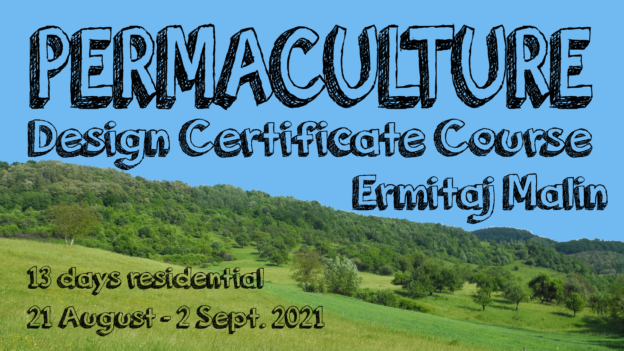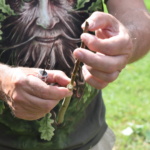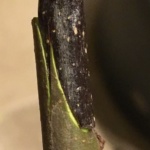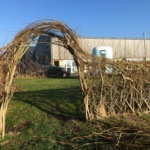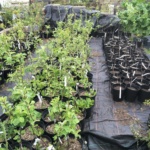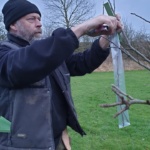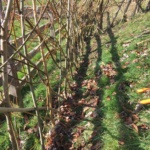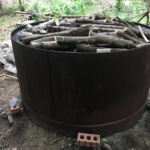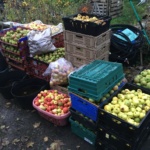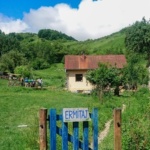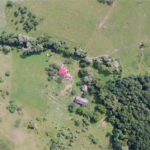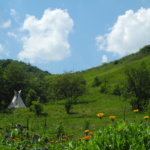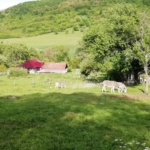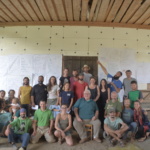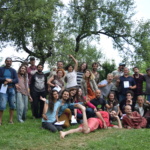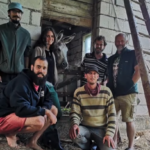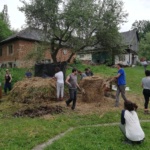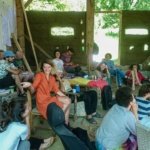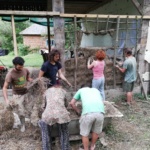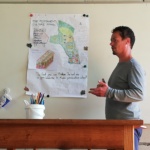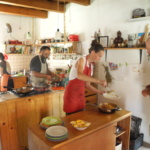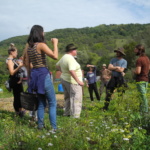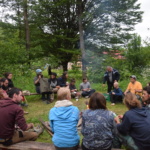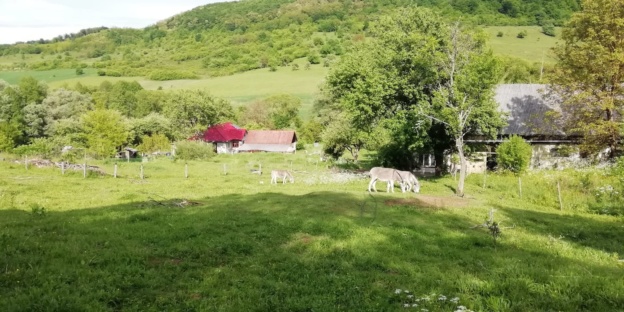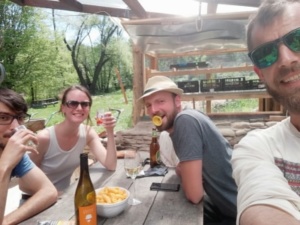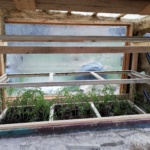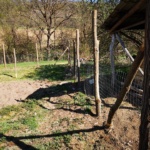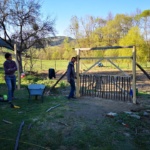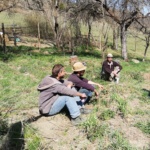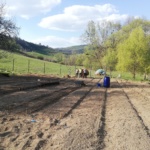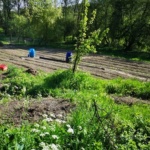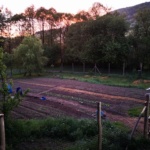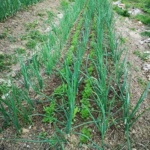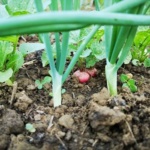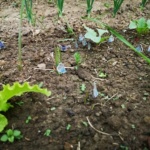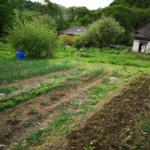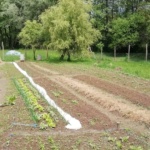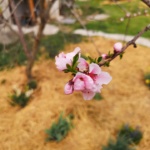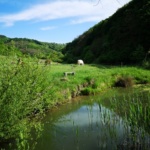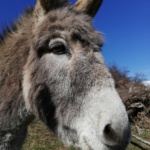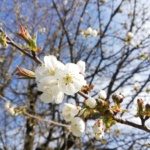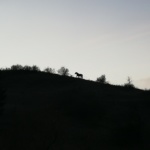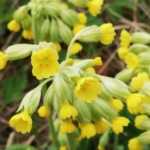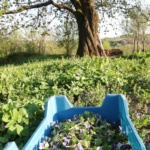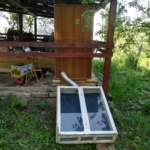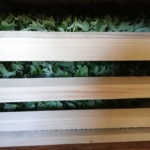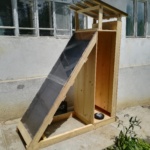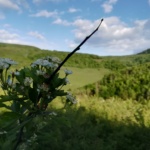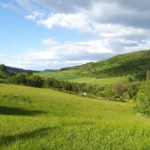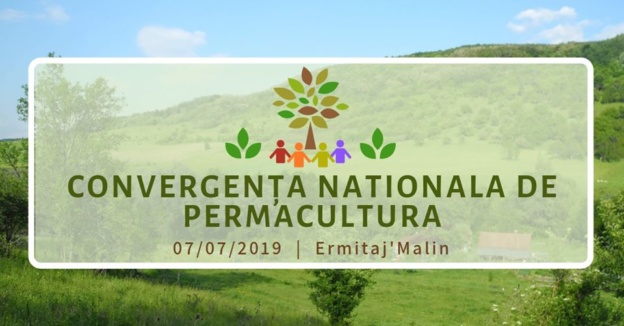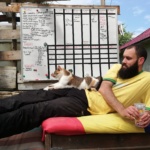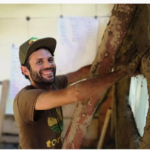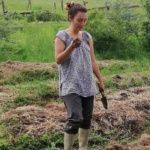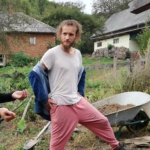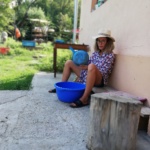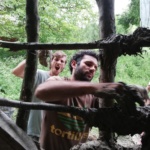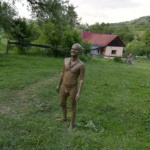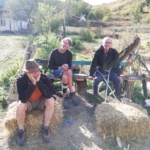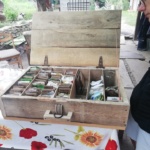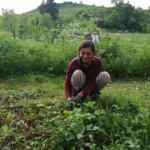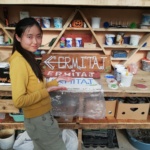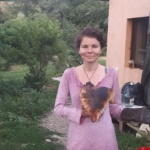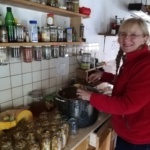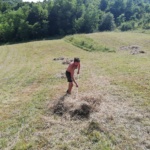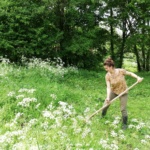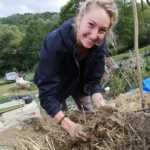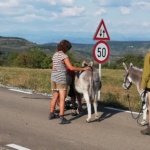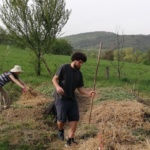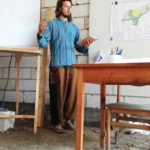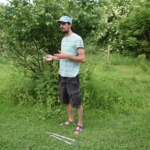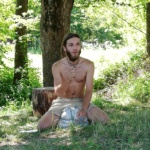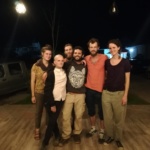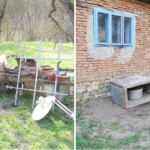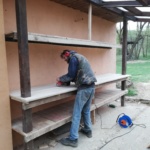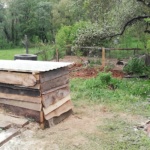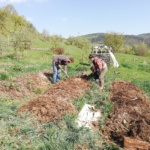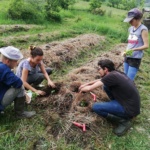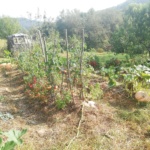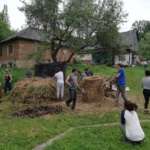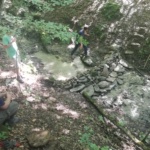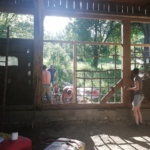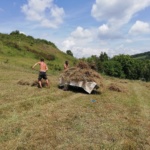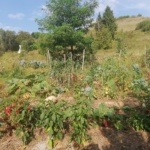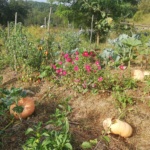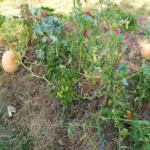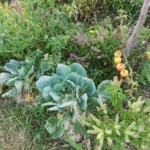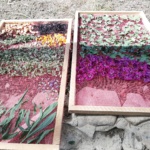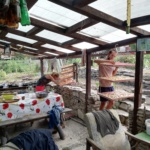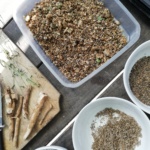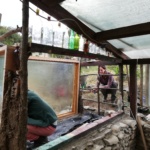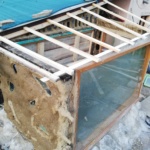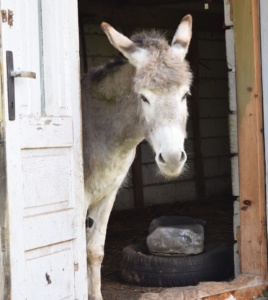Unfortunately, we have to cancel the PDC 2021. The travel conditions from England being too uncertain, due to the Covid situation …
But this is only a postponement! See you in 2022 for the next PDC, which may be organized in Romanian, which would be unprecedented!Instead, we decided to organize a 4 day forest garden course in Romanian language, the first practical course in Romania !!
Facebook event https://fb.me/e/ZfyHOpRU
The PDC (Permaculture Design Course) is a course developed by Bill Mollison, co-creator of the term “permaculture” with David Holmgren. It is an entertaining, informative and life enhancing series of discussions, contemplating and practical exercises.
The course format is 13 days residential. It includes theory classes, a lot of practical activities as well as evening entertainment.
The training takes place from Saturday 21st of August to Thursday 2nd of September 2021 at Ermitaj. Ermitaj is located in Northern Romania.
There is no prerequisite to participate. Anyone looking for inspiration or willing to master concepts and practice of permaculture are welcome. The course will be taught in an English accessible to the greatest number. Romanian-English bilingual assistants are involved in the training and many spaces will be given for questions and answers.
Anyone participating to the full course will be awarded with internationally recognized certificates from the Permaculture Association of Britain. These can be used as the starting point to go through the Diploma in Applied Permaculture Design.
Permaculture
Permaculture is first defined as “the conscious conception of landscapes that mimic patterns and relationships observed in nature, aiming an abundant production of food, textile fibers and energy to meet local needs” (Permaculture 2, 1979)

Permaculture is largely interdisciplinary. It brings together and proposes a set of techniques and concepts borrowed as much from science and engineering as human experiences and accomplishments both traditional and new.
Permaculture is also a project management method. It strives to build sustainable human structures through the research and development of mutually beneficial interactions between economic, social, individual and natural systems. It covers land management, energy systems, the importance of plants, trees and wilderness, climate and weather and how we interact with all these. It starts with understanding what resources we have and how we can work from those to a better future for all.
In brief: Permaculture is a way of thinking and a reason to act. It stems from the understanding that there is no Planet B!
The trainer
Mark started to work early in woodlands at the age of 15 as volunteer before completing a 3 year course in countryside management at college in the 80’s. He founded his own rural business focusing on arboriculture and woodlands’ care. He also taught part-time at an agricultural college. He is additionally a qualified chainsaw instructor. In the 90’s, he worked overseas in a variety of locations, on humanitarian aid and development projects (in Romania as well). He also worked as an enterprise coach/mentor.
agricultural college. He is additionally a qualified chainsaw instructor. In the 90’s, he worked overseas in a variety of locations, on humanitarian aid and development projects (in Romania as well). He also worked as an enterprise coach/mentor.
In his locality, his current work includes coppice management, felling and milling, and production of biochar and charcoal. He is also director of Living Woods North East CIC (Community Interest Company) and The Fruiting Tree CIC, both local non-profits associations.
Mark produces hardy fruit bushes and trees and grows the majority of his food needs on his own small-holding on Hadrian’s Wall in Scotland.
Having undertaken his PDC in 2012, he has since assisted on a range of Permaculture Design Certificate courses with different teachers in various locations. In 2019, his land has been recognize as a demonstration center of permaculture design. He developed in 2020 his own Permaculture Design Course.
Constantly challenged by environmental issues such as waste, pollution and habitat destruction, Mark’s work and teaching looks at real solutions to enable a more sustainable livelihood individually, locally and globally.
We already had the pleasure to welcome Mark two times at Ermitaj! He co-taught two PDC’s at our place with Graham Bell in 2018 and Pascal Depienne in 2019.
The place of training
Ermitaj has been a pioneering player for teaching permaculture in Romania, since it is here that the first PDCs of the country were organized with Steve Read and Pascal Depienne at the beginning of 2010.
The land of almost 8 hectares is located on the slopes of a hill at the foot of the Carpathians in an idyllic setting. Its characteristics and potential make it the perfect place to train for permaculture. The place is off-grid: no water, gas or electricity coming from the city, just mobile phone. It is composed of a young forest, old orchards, pastures, a pond, small streams, a difference in height of one hundred meters: micro-climates and challenges are therefore numerous. Ermitaj is running its activites through a non-profit association.
Housing & Food
There are three possibilities for accommodation: you can sleep in a dormitory (limited places), in a tent or in your caravan, or in Beclean (15km away) where many hostels exist. We strongly advise you to stay on site.
The price includes full board. We will be as much as possible attentive to individual diets.
Price
Starting at 1980 lei / 400 € (see the registration form) + special price possible for groups or if you subscribe to several of our events (contact us)
Summary program of this course
– introduction to permaculture & its principles
– design tools and methodology
– human permaculture, nonviolent communication & consensus decision making
– soil
– natural agriculture : regenerative agriculture, synergistic gardening
– water management
– the tree and the forest
– plant propagation
– the cultivated ecosystems
– crop ecosystems: agroforestry, edible forests & more
– animals in permaculture: integrated farming systems, beekeeping, poultry farming.
– natural and bioclimatic construction : ecoconstruction and habitat
– appropriate technologies
– invisible structures : how to recreate social bond and a healthy economy
– Design sessions
– Many practical activities, workshops & evening sessions
 agricultural college. He is additionally a qualified chainsaw instructor. In the 90’s, he worked overseas in a variety of locations, on humanitarian aid and development projects (in Romania as well). He also worked as an enterprise coach/mentor.
agricultural college. He is additionally a qualified chainsaw instructor. In the 90’s, he worked overseas in a variety of locations, on humanitarian aid and development projects (in Romania as well). He also worked as an enterprise coach/mentor. 